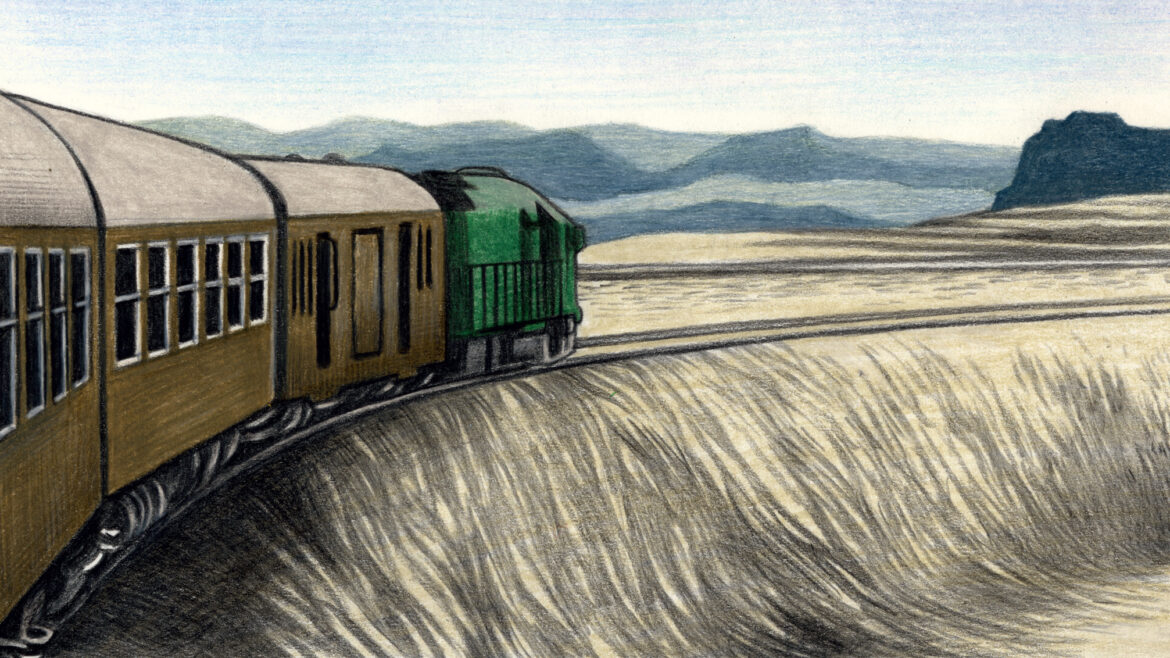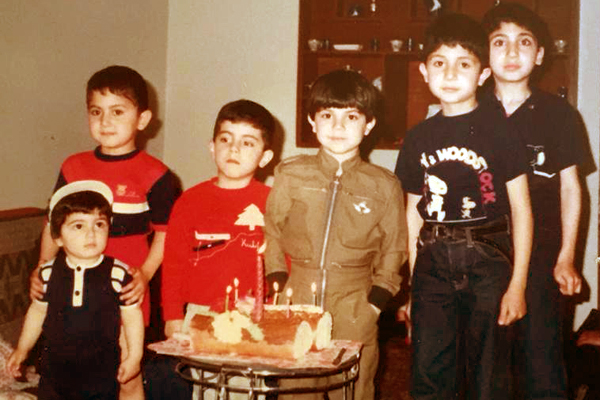The Internazionale’s last issue of 2021 is, in fact, dedicated to Iran, and specifically to stories of contemporary Iranian literature.
The event, which took place in hybrid format, was attended by Mohammad Tolouei, journalist, writer and editor-in-chief of “Na Dastan” and Francesca Gnetti, journalist of the Middle East Section of the “Internazionale”.
They were joined by translator Giacomo Longhi, writers Ali Khodai, Mahsa Mohebali, Bita Malakuti, Alieh Atai, Arash Sadeghbeigi, photographer Mozhde Nourmohammadi and cartoonists Maysam Barza and Rambod Khanlari.
The issue of the Internazionale was presented by Mohammad Tolouei, who curated the selection of Iranian stories. These stories portray a multifaceted and varied image of Iran, mostly unknown to the Italian public, through the stories of the writers connected to each other by a time span that unfolds from pre-revolutionary Iran and crosses the war with Iraq up to the present day.
“The stories are all very different from each other – said Ambassador Perrone in opening the event – although they have in common the everyday life of the Iranian middle class. The writers imbue their stories with their individual experiences and growth processes, not only embracing the period in which they grew up but also their origins, like in the case of Afghan-Iranian writer Alieh Atai”.
“What came out is a very truthful and authentic image of contemporary Iran for the enjoyment of the Italian public,” Ambassador Perrone concluded.
Source: IND




